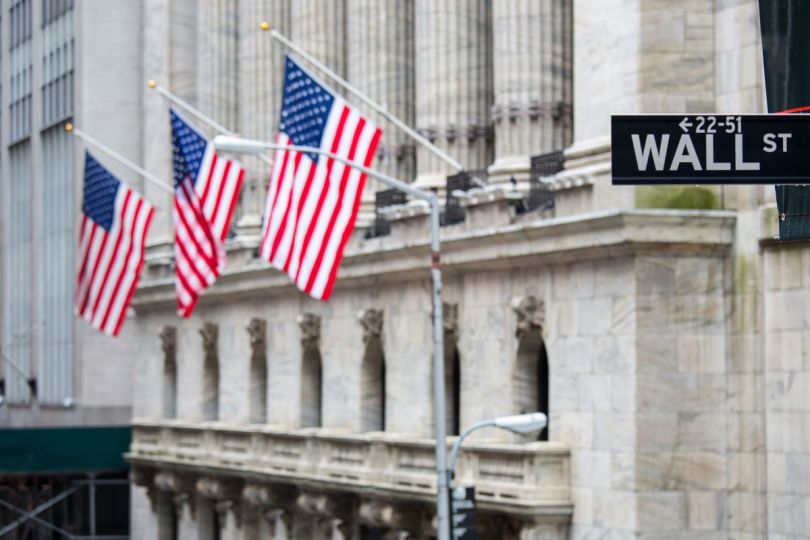
Financial technology ("fintech") companies are swarming New York City to help customers manage spending, save money and invest intelligently. Fintech startups are meeting a market need, forcing traditional financial service institutions in need of digital disruption to innovate. With the tech industry’s proclivity to see increasingly active money in an attractive market, fintech’s allure is high.
A growing number of banks at the core of New York City’s financial sector are embracing fintech innovation, and investors are responding accordingly. According to a report published by CB Insights, there were 223 unique investors in fintech in 2010. In 2015, there are 894. Another report released by the FinTech Innovation Lab revealed that global fintech investment tripled in 2014 to $12.2B from $4.05B in 2013. The US market saw a 191% increase in the same time period with investments reaching $98.89B from $3.39B. In New York, fintech investment values grew by 32% in 2014, reaching a new high of $768M.
This influx of capital is going towards startups managing payments, lending, trading technologies and wealth management and taking business away from the banks that exclusively handled these services in the past.
Fintech companies are using new technologies to cut costs, create safer accounting, comply with changing regulations and reduce counterparty risk. New York is accumulating more venture investments in wealth management and trading markets than any other area of the United States, which is largely due to the city’s standing as the nation’s financial epicenter. The city provides close access to potential customers as well as a robust financial talent pool to draw from.
Serving consumer's needs
New York’s successful fintech companies are designed for consumers with bank accounts, whether it’s streamlining the pain points of exchanging money or helping users stay on budget without the assistance of a financial advisor.
Estimize is a New York company that utilizes the expertise of analysts, traders, hedge fund portfolio managers and research firms to aggregate financial estimates and “outdo” Wall Street. Robo-advisors like Betterment have also come to prominence, acting as an alternative to traditional wealth managers.
Popular services such as Venmo are helping consumers exchange one-click payments. Newcomer, Stash, is a digital investment advisor that allows users to invest in companies they believe in with as little as $5. On the B2B end, OnDeck is helping small businesses to approve loans faster than traditional lenders.
In addition, New York City's tech community is embracing fintech with a number of resources. The New York FinTech Innovation Lab helps early-stage and growth-stage fintech companies by introducing entrepreneurs with venture capitalist mentors. This partnership program has fast tracked over 30 startups, giving them assistance with business development and access to customers. Barclays also recently partnered with TechStars to launch an accelerator program, specifically focused on fintech. On the investment side, ValueStream Labs, a venture development firm, is working to bridge the gap between emerging fintech and institutional finance.
Forcing banks to innovate
These new companies are forcing behemoths like Goldman Sachs and JP Morgan Chase to change the way they do business. According to CB Insights, these investment banking giants have recently intensified their fintech investment strategies. Goldman has focused on investing in payments, big data, and digital currency, while JPM has invested more in online lending.
Fintech poses a threat to banks because while they are small, they are growing exponentially. These companies are starting to command profitable financial segments that were once exclusive to banks, and forcing these legacy financial institutions to reevaluate. However, fintech companies are still experimenting in billion dollar markets, while banks’ assets rest in the trillions.
Fintech is a broad based sector, and overall it reflects how people want to do banking in the future. While alternatives to traditional banking have been unavailable in the past, technology enabled startups are shaking up how Wall Street itself is doing business. New York fintech is a convergence of the city’s entrepreneurial and financial ecosystems, and is becoming more prominent by the year.



